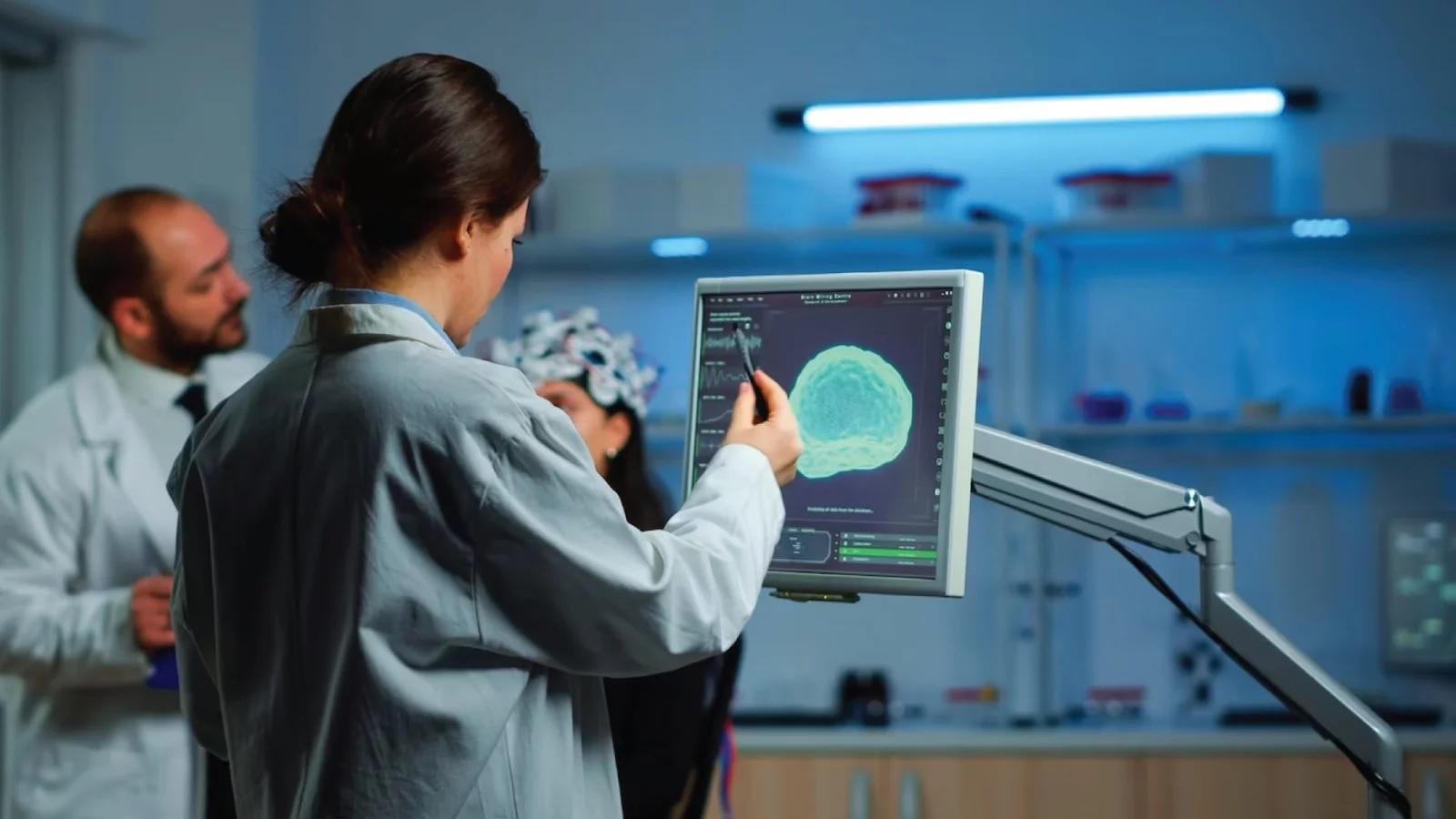Top 5 Tips to Improve Clinical Efficiency with AI

As medical systems worldwide strive to deliver high-quality care while managing escalating costs and growing patient populations, optimizing clinical efficiency has emerged as a crucial objective. This pursuit of efficiency is not merely a matter of streamlining processes; it directly impacts patient outcomes, resource allocation, and the overall sustainability of healthcare systems. Recognizing this imperative, healthcare professionals and researchers are turning to artificial intelligence as a transformative tool to enhance clinical efficiency.
Data consistently demonstrates that clinical efficiency plays a fundamental role in healthcare. Efficient clinical processes ensure timely access to care, accurate diagnoses, appropriate treatments, and effective management of patient flow. Conversely, inefficiencies in healthcare delivery can lead to delayed treatments, diagnostic errors, increased patient waiting times, and overwhelmed healthcare providers, ultimately compromising the quality of care. A study published in the Journal of General Internal Medicine found that inefficient clinical processes contribute to substantial healthcare waste, including unnecessary tests, redundant procedures, and extended hospital stays. This waste not only strains healthcare budgets but also hampers the ability to provide timely and cost-effective care to patients.
This is where AI comes into play as a game-changing technology. It leverages advanced algorithms and machine learning techniques to analyze vast amounts of healthcare data, identify patterns, and generate actionable insights in real time. With the ability to process and interpret complex data sets far more quickly and accurately than humans, it has the potential to enhance clinical decision-making, streamline workflows, and optimize resource allocation. The incorporation of AI-driven tools, such as predictive analytics, natural language processing, and computer vision, can empower healthcare providers with evidence-based recommendations, automate routine tasks, and facilitate more efficient coordination across multidisciplinary teams.
Tip 1: Automating Administrative Tasks
Efficient administrative processes play a crucial role in healthcare by optimizing resource utilization and reducing the burden on healthcare professionals. One transformative approach to achieve this is through the use of technology-driven automation. By automating administrative tasks, valuable time and resources can be saved, allowing healthcare providers to focus more on patient care. In fact, studies show that implementing automation can lead to significant improvements in clinical efficiency. For example, a report by the American Medical Association found that automating appointment scheduling can save an average of 6 hours per week for physicians, enabling them to see more patients. Additionally, a study published in the Journal of Healthcare Information Management revealed that adopting automated billing systems reduced claim denial rates by 67%. These statistics highlight the tangible benefits of automation in healthcare administration and underscore the importance of reducing the administrative burden on healthcare professionals.
To Know More, Visit @ https://ai-techpark.com/top-5-tips-to-improve-clinical-efficiency-with-ai/







